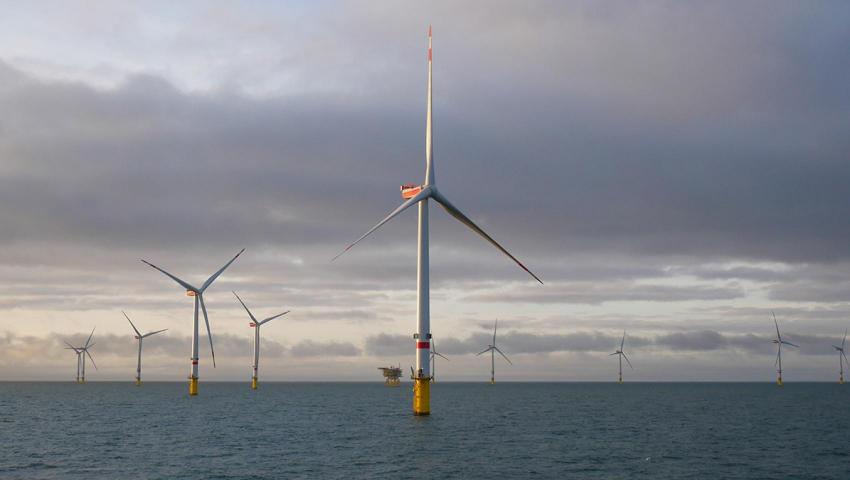The Lowest Hanging Fruit: Realising the Wind Energy Potential in Bulgaria
The analysis ot the Center for the Study of Democracy

Wind generated electricity offers several advantages, including high capacity factors and resilience against seasonal variations, resulting in a relatively low Levelized Cost of Electricity (LCOE). Additionally, wind projects require less land acquisition and can complement other agricultural or economic activities. Wind energy plays a crucial role in stabilizing the power grid during periods of reduced sunlight, and during times of excess electricity supply, the surplus power can be utilized for hydrogen production in industries. The slow adoption of wind energy in Bulgaria can be primarily attributed to various governance shortcomings. These include frequent and unplanned changes in regulations, technical and administrative obstacles before grid access, opposition from local communities, land use and environmental conflicts, and a general lack of political commitment to accelerate the investments in the sector.
This policy brief is a brief overview of a detailed study overseen by the Austrian Institute of Technology assessing the technically achievable onshore and offshore wind energy potential in Bulgaria. It also pinpoints essential policy actions needed to harness this potential while safeguarding power supply security and adhering to the most stringent standards for land use, environmental protection, and biodiversity conservation.
The slow uptake of wind energy in Bulgaria is largely due to widespread governance deficits such as ad-hoc regulatory changes, technical and administrative bottlenecks before grid connection and access, the opposition from local communities, land use and environmental conflicts, and, more generally, a lack of political commitment to accelerate the investment process.
There is also limited availability of evidence-based assessment of the technical-economic potential for wind energy, which feeds widespread disinformation narratives undermining the social acceptance of the deployment process.
Based on the latest modelling assessment, conducted by CSD in cooperation with the Regional Center for Energy Policy Research (REKK), Bulgaria can add between 3,8 and 4,2 GW of new wind power capacity by 2030 and another 5 GW by 2040. To identify the overall feasibility of the wind energy sector expansion, the current study, led by the Austrian Institute of Technology, estimates the overall technically viable potential for wind power development in Bulgaria, and identifies key policy measures that are necessary to unlock it without compromising the security of power supply and respecting the highest land use, environmental and biodiversity standards.
The full text of the analysis of the Center for the Study of Democracy can be read here!
